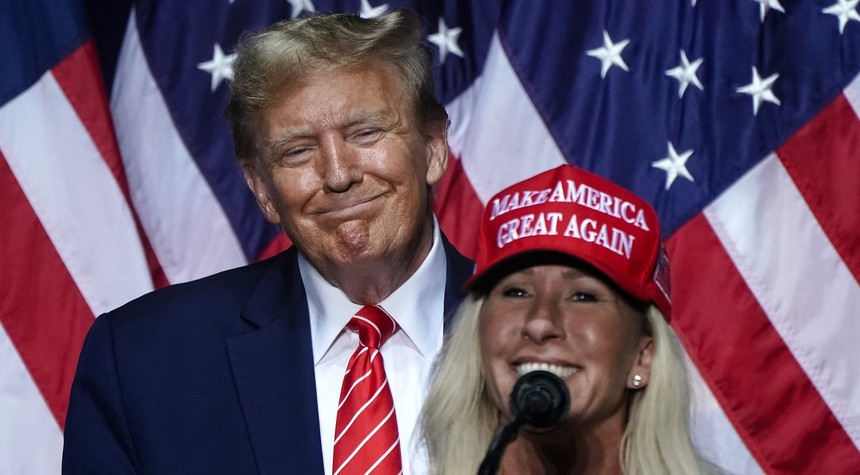The political winds in Washington have a way of shifting when the heat gets turned up high enough, and this week’s saga surrounding the Jeffrey Epstein files proves that point with uncomfortable clarity.
President Donald Trump took to social media Sunday night with a message that caught more than a few observers off guard. “House Republicans should vote to release the Epstein files, because we have nothing to hide,” he wrote. It was a remarkable pivot from a White House that has spent recent weeks working overtime to prevent exactly that outcome.
The facts here tell a story that demands attention. Just days before the president’s public endorsement of transparency, his administration was pulling out all the stops to kill a discharge petition that would force a House vote on releasing the full Justice Department files related to the convicted sex offender. The White House even summoned Colorado Representative Lauren Boebert to the Situation Room in what sources describe as an attempt to pressure her into withdrawing her support. That effort failed, and Boebert joined three other Republicans in signing onto the Democratic petition, pushing it past the critical 218-signature threshold.
Representative Thomas Massie of Kentucky, the lead Republican co-sponsor of the release measure, laid out the political calculation in terms that ought to make any lawmaker uncomfortable. He warned his GOP colleagues that while Trump’s endorsement might protect them in their districts today, the president will not be in office come 2030. The vote they cast this week, however, will be part of their permanent record.
“You will have voted to protect pedophiles if you don’t vote to release these files,” Massie stated plainly. “The record of this vote will last longer than Donald Trump’s presidency.”
White House press secretary Karoline Leavitt has insisted that previously released emails show the president “did nothing wrong.” She is correct that none of the documents made public through civil lawsuits or the Ghislaine Maxwell trial contain allegations of wrongdoing against Trump. The president himself has characterized the document release as a Democratic “hoax” and criticized what he called “stupid” and “foolish” Republicans for giving it credence.
Yet here we are, with the president now calling for the very transparency his team worked to prevent.
The measure faces a challenging road ahead even if it clears the House. The Senate represents another hurdle, and the president retains veto power unless lawmakers can muster the two-thirds majority needed for an override.
This episode has exposed deeper fractures within the Republican coalition. The public dispute between Trump and Representative Marjorie Taylor Greene of Georgia this weekend offers a preview of tensions that may define the party’s future. Greene has increasingly positioned herself as a guardian of “America First” principles, suggesting the president has strayed from the movement’s core tenets.
The question facing House Republicans this week is straightforward, even if the politics are not. Do they vote for transparency and face potential White House backlash, or do they oppose the release and explain that decision to constituents who have every right to know what their government knows?
In a democracy worthy of the name, that should not be a difficult choice. The American people deserve answers, and their elected representatives owe them nothing less than the truth.
Related: DNC Union Calls Five Day Office Requirement Callous After Chairman Issues Ultimatum


